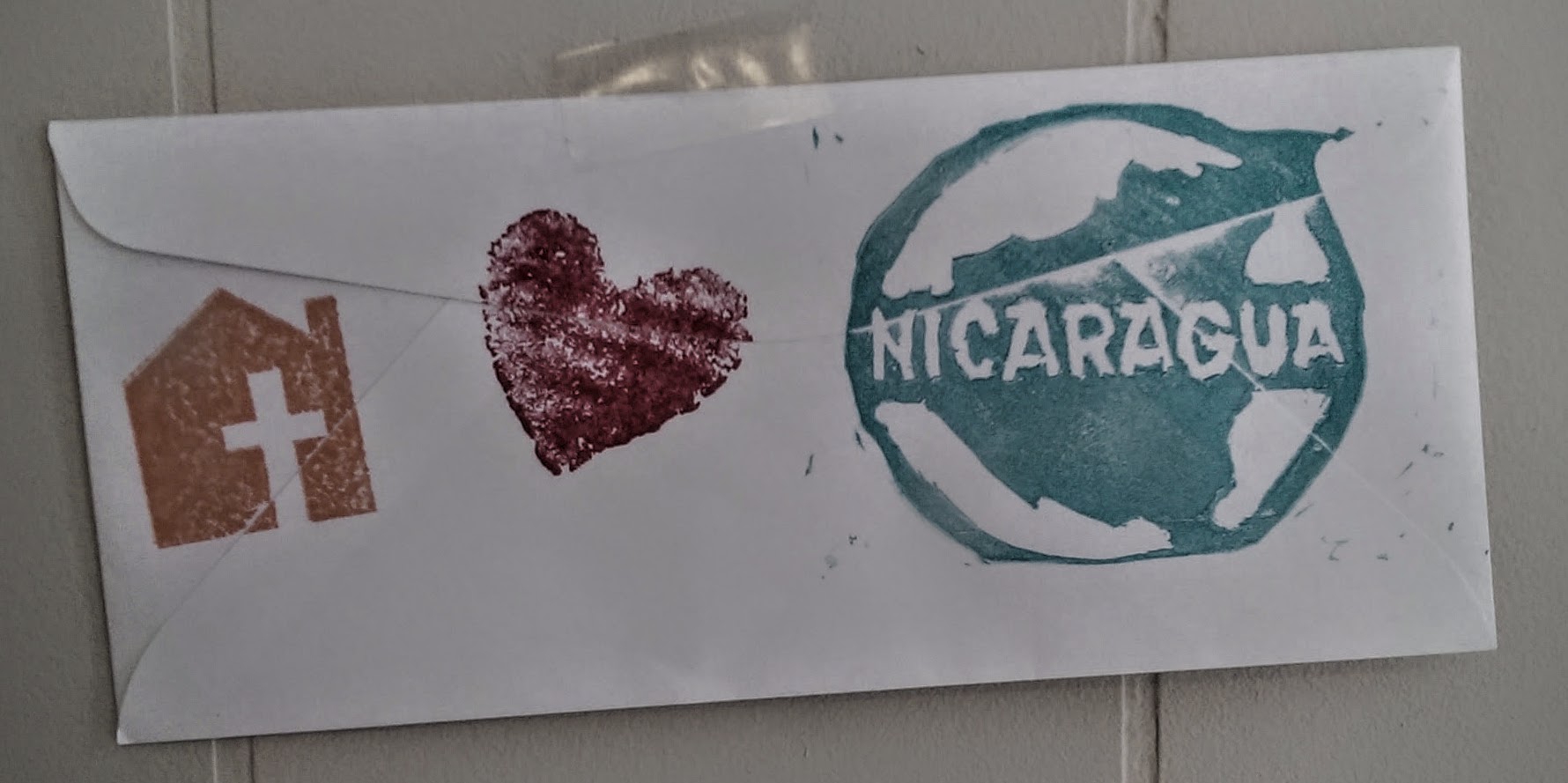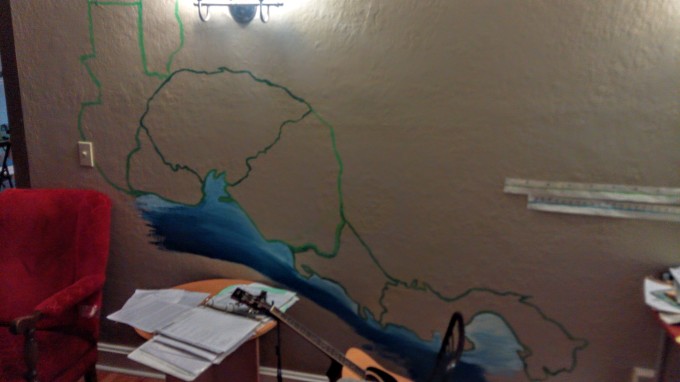Below is basically the newsletter that went out in the mail a couple of weeks ago with A Simple House (ASH)
We are starting a new Simple House in Nicaragua! (in fact leaving in a few days, Oct. 19) Many of you know that we have always dreamed of being missionaries(atleast since we encountered the Living God in our teenage years), but we put that desire aside as our family grew. Seven years ago, we felt God stirring our hearts to make a radical change to he lp our family grow in faith. This led us to reconsider our desire to be missionaries and take the plunge. Since then, we have lived in the Philippines, Mexico, and on the island of St. Lucia. Missions is the wonderful grace-filled life that our family needs, yet we have been surprised by some of the pitfalls and lessons of missionary work.
lp our family grow in faith. This led us to reconsider our desire to be missionaries and take the plunge. Since then, we have lived in the Philippines, Mexico, and on the island of St. Lucia. Missions is the wonderful grace-filled life that our family needs, yet we have been surprised by some of the pitfalls and lessons of missionary work.
We are starting a new Simple House in Nicaragua! (in fact leaving in a few days, Oct. 19) Many of you know that we have always dreamed of being missionaries(atleast since we encountered the Living God in our teenage years), but we put that desire aside as our family grew. Seven years ago, we felt God stirring our hearts to make a radical change to he
 lp our family grow in faith. This led us to reconsider our desire to be missionaries and take the plunge. Since then, we have lived in the Philippines, Mexico, and on the island of St. Lucia. Missions is the wonderful grace-filled life that our family needs, yet we have been surprised by some of the pitfalls and lessons of missionary work.
lp our family grow in faith. This led us to reconsider our desire to be missionaries and take the plunge. Since then, we have lived in the Philippines, Mexico, and on the island of St. Lucia. Missions is the wonderful grace-filled life that our family needs, yet we have been surprised by some of the pitfalls and lessons of missionary work.
We met Ray, a construction worker, while living in the Philippines. He was working on a construction site next to our house. During the day, he did construction work, and at night he was the security guard on the worksite. This left little time for his wife and four children. I spent many early mornings sitting with Ray drinking coffee, eating delicious Filipino bread, and learning the local language. When I noticed Ray’s broken hammer, I let him borrow mine. When he gave it back, he had polished it. As our friendship developed, I found out that Ray’s house was a converted chicken coop. When a typhoon hit the island, his house was badly damaged. Although he did not complain or ask for help, we decided to help him with some materials and labor. He worked long after we would go home each day. He was given the scrap ends of a metal roof which he spliced together to make walls. When it was completed, he invited us overfor a special meal and started a monthly Bible study in his house. On the morning we left the Philippines, Ray was at our house with fresh bread to say goodbye. We have reflected about Ray and the many others that lack opportunities to use their natural gifts for their family and others.
While living and working in Mexico, we met Gonzalo who replaced roofs for those in need. He was eager to teach us the way of doing things in Mexico. Our families shared meals and became great friends as we conversed about faith and family matters. We learned about the culture through our friendship. He was a kind-hearted, hard-working man who thought of ways to help others while trying to provide for his own family. It was difficult to know who truly is in need of help, and we looked to him for advice. He told us of a mother whose husband had left her. She worked to support her family and had a half-built house. She couldn’t complete the house and was forced to sell materials to feed her children. With Gonzalo’s lead, we were able to finish the house. She was even able to find a job towards the end of the project. While working with Gonzalo, we learned the importance of listening and working with the locals to find those who were not begging but had serious needs.
- A map of Central America getting painted on our wall
In our time working with the poor, we have found jealousy and rivalry when material goods were given out. Living in the Philippines, we had the opportunity to work in a squatter village of about 100 families. We were looking for ways to create community among the families and encourage working together. Money was donated from the states to give a few families a piglet. Instead of choosing only two families, we obtained permission to build a piggery, which would allow more families to receive a piglet. We bought one sow and randomly selected seven families who would work one day a week caring for the sow. When the sow delivered a litter, each family had earned the right to one piglet that could be raised for meat or breeding. Extra piglets would be sold to buy feed and begin the process again. With the community’s help, we built the piggery, but we had to leave the Philippines before everything was organized and completed. A local family did their best to manage it. The first litter died, and the project fell apart after the second litter. Even though the piggery project was a good idea, we learned the importance of creating a sustainable plan and living long-term with the people being served.
When Clark approached us with an idea for a different type of mission, we were intrigued. We spent time thinking, praying, and talking with the children. We felt that this was an answer to how we would like to do missions differently. As a family, we are excited to begin this new mission that focuses on solidarity, friendship evangelism, sustainability, and working through the locals. We deeply desire to live in solidarity and work as equals with those we serve. We are excited to announce the name of the new Simple House in San Marcos, Nicaragua as Una Casa Simple de San Pablo y San Juan Diego.
Peace and all things Good,
The Eckstine Family

No comments:
Post a Comment